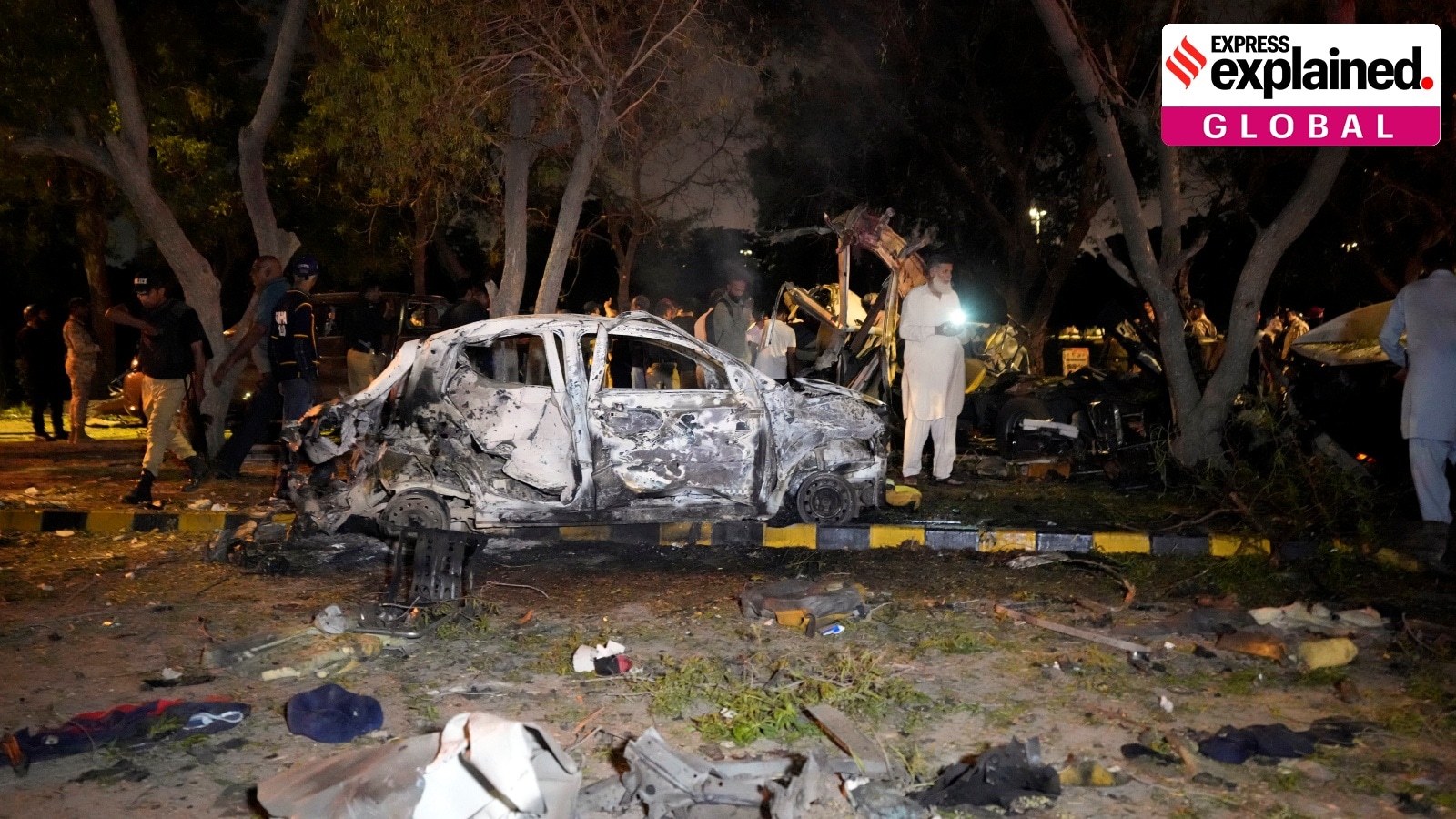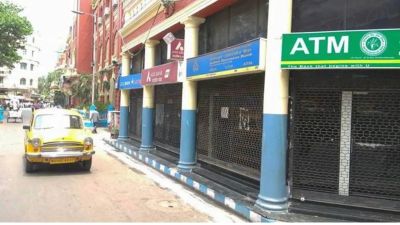The bomb blast comes a week before Pakistan hosts a meeting of the Shanghai Cooperation Organization (SCO), which External Affairs minister S Jaishankar will attend.
This is not the first time that Baloch militants have targeted Chinese nationals or China-funded projects in Pakistan. Why do outfits like the Baloch Liberation Army attack Chinese interests in Pakistan? We explain.
The convoy attacked on Sunday was of the Port Qasim Electric Power Company. The Port Qasim project involves building two coal power plants near Karachi, one of which is operational. It is part of the $46 billion China Pakistan Economic Corridor project (CPEC).
The Chinese embassy in a statement said, “The Chinese Embassy and Consulates General in Pakistan strongly condemn this terrorist attack, express deep condolences to the innocent victims of both countries and sincere sympathies to the injured and families, and are making every effort to handle the aftermath together with the Pakistani side.”
It also urged Pakistan to “thoroughly investigate the attack, severely punish the perpetrators, and take all necessary measures to protect the safety of Chinese citizens, institutions and projects in Pakistan”, while asking Chinese nationals in Pakistan “to be vigilant, pay close attention to the security situation, strengthen security measures, and make every effort to take safety precautions.”
Why are China-linked projects attacked in Pakistan?
The BLA, which has claimed responsibility for the latest attack, is a separatist militant group that wants to establish an independent Balochistan, a homeland for Baloch people. Located to the west of Pakistan, Balochistan borders Afghanistan and Iran. With gas, oil, copper and gold deposits, it is the most resource-rich of Pakistan’s four provinces.
Story continues below this ad
Balochistan has seen insurgency since 1947. In the decades since, lack of development and the Punjab region seen as cornering most of Pakistan’s wealth and progress have not helped matters. Pakistan has blamed India for fanning the insurgency.
Anger against China-linked projects is linked to the greater dissatisfaction with the Pakistani government. The sentiment is that China, along with the Pakistani government, will exploit Balochistan’s natural resources, but none of the gains will come to the locals. Attacks on China-linked projects have led to more stringent security checks, which has made the lives of locals difficult.
In Pakistan, however, the view among many sections is that trouble is being fomented by “foreign powers”.
As Shakeel Ahmed Ramay, CEO of Islamabad-based think tank AIERD, told The Indian Express, “Militants are fulfilling the agenda of foreign powers, as they work hand in hand with them. By attacking CPEC, foreign powers want to create a wedge between China and Pakistan. This is part of the grand strategy to create a web of chaos in the surroundings of China; isolate, contain and check China’s peaceful rise.”
Story continues below this ad
And why is China so keen on investing in Pakistan?
For China, the corridor will help it boost its trade links and increase its influence across Central and South Asia. One of the key components of the project is the Gwadar port in Balochistan. Access to the Arabian Sea through the port is important to China, whose sea trade is heavily dependent on the Malacca.
For Pakistan, the investment in infrastructure is crucial for its flailing economy.








































